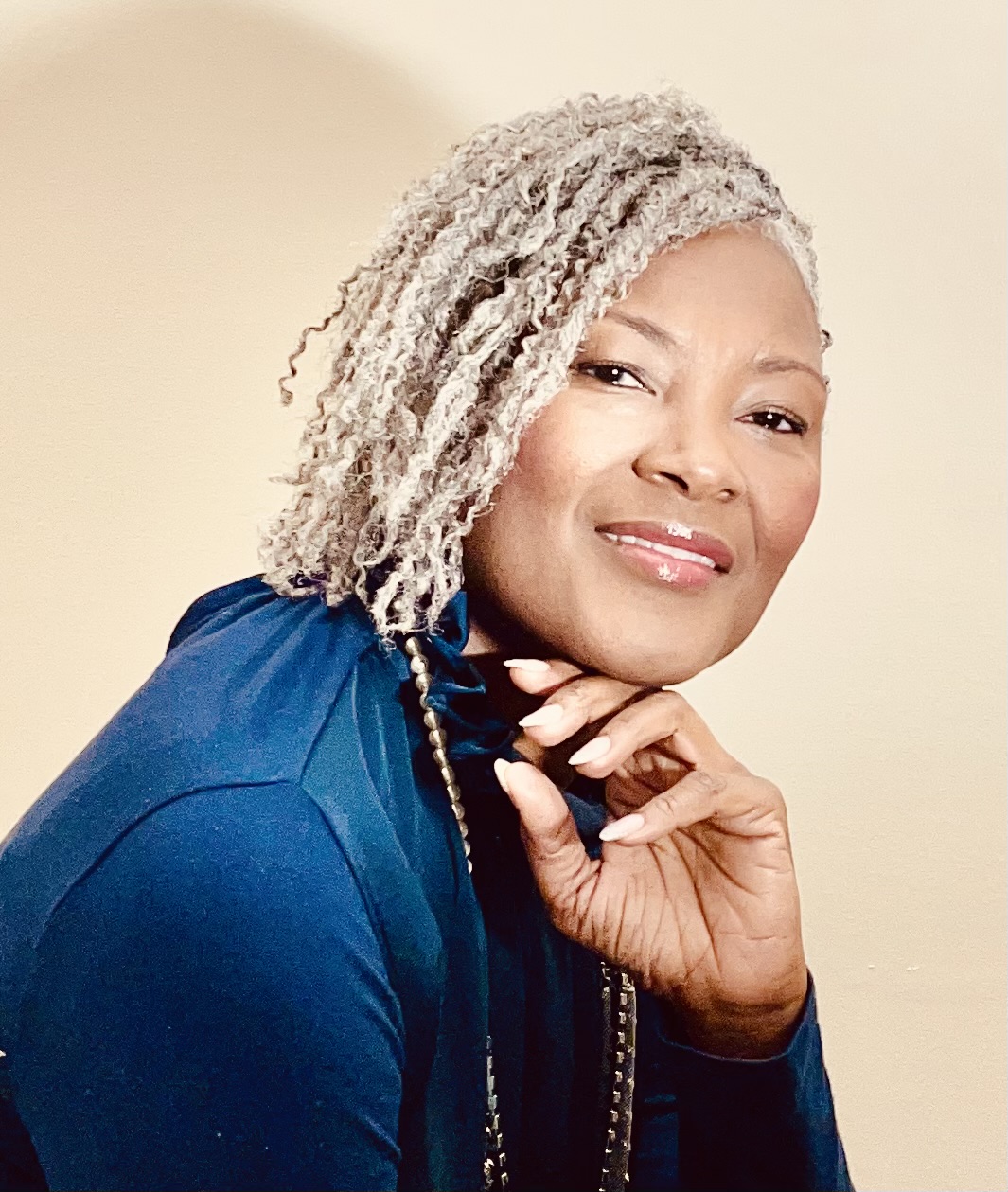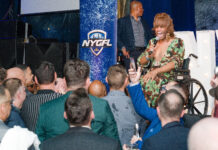In a world where education is hailed as the most powerful weapon for change, Lesia Davidson stands as a passionate advocate for literacy, firmly believing that reading is the key to accessing this transformative force. Nelson Mandela’s words echo through her work, and as she takes the stage, her message resonates: “Reading is simple, not easy.”
With over two decades of experience in education, Lesia’s journey has been fueled by a deep concern for the growing literacy gap in society. “When I promote a 10-year-old who reads as a 5-year-old, I’m concerned. When a high school student graduates reading as a 9-year-old, I’m even more concerned,” she shares, emphasizing the urgent need for collective action to address this societal challenge.
Lesia identifies a fundamental truth: reading is simple in essence but not easy in practice. It’s the behaviors and conversations around reading that can either simplify or complicate the process. As an educator, she grapples with the measures necessary for children to learn how to read, and it’s a struggle that extends beyond individual classrooms — it’s a problem that requires a community-wide solution.
Drawing from personal experiences, Lesia reminisces about her father captivating her and her siblings with tales of life in the jungles of Guyana, South America. Those storytelling sessions, filled with wonder and excitement, unknowingly sparked an interest in reading. “It all starts with awareness,” Lesia declares, pointing out that cultivating a love for reading is a communal responsibility.
Lesia presents two crucial measures that can help bridge the literacy gap. Firstly, she urges parents and educators to nurture motivation in young scholars, encouraging them to read with purpose and for pleasure. Secondly, she emphasizes the need to foster a reading culture beyond the school gates, recognizing that the science of reading extends beyond structured lessons. Reading, according to Lesia, is a combination of piquing interest and structured teaching, involving letters sounds, letters, and letter patterns.
While Lesia acknowledges the challenges in the current literacy landscape, she remains steadfast in her belief that awareness and action can make a difference. “There’s a gaping hole in our literacy expectations, and we have to close that gaping hole,” she declares with conviction. It’s not merely about addressing the issue but eradicating it, creating a foundation for future generations to become both readers and leaders.
Lesia Davidson’s call to action reverberates through her words: “Let’s create readers and leaders of future generations to come. It’s our responsibility, each and every one of us.” As an educator of 20 plus years, she speaks not only from professional expertise but from the heart of a frustrated teacher and parent who understands that the struggle for literacy is not an isolated problem. It’s a societal challenge that demands a collective response.
In Lesia Davidson’s vision, the journey toward a more literate society begins with awareness, purposeful motivation, and a commitment to fostering a reading culture. As she stands at the intersection of experience and advocacy, Lesia beckons us all to join hands in shaping a future where reading is not just a skill but a gateway to endless possibilities.








